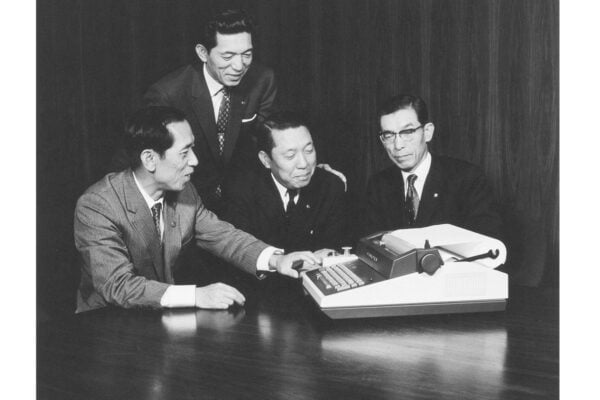Five things to quit before January for a productive start to the school year [backed by science]

Do you want to master the 24 hours you have in a day? And make the start of the new school year the most productive ever?
Often we know what we *should* be doing. But it can be difficult to put it in to practice. Adding more tasks to your to-do list can make things harder – even if they’re supposed to help. The more we have in front of us, the easier it becomes to panic and the harder it becomes to rationalise everything we have to do. We might end up working on counterproductive tasks – simply because they’re in front of us.
The fascinating thing about being productive is that you need to be selective about what you do. Stacking on more tasks will eventually cause your productivity to lower. So if adding more to the to-do list makes productivity harder, let’s flip the equation. Instead of habits to start, here are four things to stop doing in January to help your productivity soar.
1. “Winging” it
Remember that group presentation you had at the end of last year? Do you recall that one group member saying ‘I’m just going to wing it!’? Chances are it didn’t go so well for them, right? Those annoying ‘high achieving’ people that always succeed are often working in a way that is proactive, rather than reactive. You may think that they’re simply just gifted, but more often than not they prepare for tasks so well that when their performance arrives they’ve left themselves no room to fail. Like that old saying goes: ‘fail to prepare, then prepare to fail.’ So, if you want to succeed, don’t wing it. Keep the end goal in mind, that feeling of achievement will be worth the hard work.
2. Skipping meals to get stuff done
Did you forget to eat for 24 hours purely to get your project in on time? Forgetting to eat meals throughout the day can have detrimental effects on your concentration and cause you to be less productive in the long run. Keep yourself in check by writing reminders and setting allocated break times. Setting reminders or scheduling your day around your meals will help you to see food as a priority rather than a task.
3. Skipping breaks
Did you hear that one friend bragging that they worked solidly through the night to get their homework done?
But, on the other side, did you hear about that friend that got 8 hours of sleep, took regular breaks throughout the day and has a lot of spare time to play sports and see their friends? Probably not, because they’re keeping quiet. I wonder who actually produced higher quality work at the end of it? Not sleeping really does lower your energy massively and depletes your levels of concentration, it’s even been compared to the effects of being under the influence of alcohol. Making sure you’re sleeping properly and taking regular breaks should be your first priority, this, in turn, will improve your quality of work and help you to excel in the long run.
4. Constantly checking social media
FOMO is a real thing and this is more real than ever when it comes to checking social media. Millions of us keep our social media accounts live on our phone 24 hours a day, but doing so will seriously sap your time and energy from the day. This is probably the hardest one because this generation is absorbed by social media, and we’re all guilty of it. So, make a promise to yourself to regulate your social media checking to just a few times a day and set a time limit on it. Rather than mindlessly scrolling, set aside 10 minutes, to check social media and as soon as that 10 minutes is up, be strict with yourself and put the phone away. Spending time with people in the real world will be far more rewarding than indulging in avatars behind a screen.
5. Being negative
We all love a moan, it’s part of being human, but you don’t want to get a reputation for being a glass half empty type of person. According to scientists in Japan, when our thoughts are negative, we colour everything we see with negativity and make it far harder for ourselves to achieve success. So, try to see the positives in everything, it can help to keep a note of everything you are grateful for, a ‘gratuity’ diary, this helps you to hold yourself accountable and rationalise all of the good things you have, rather than focusing on the bad. They say that repeating something for 21 days, creates a habit, so make this day one and in three weeks time acknowledge whether your productivity has increased.
The productivity paradox…
Naturally, we see productivity as getting as much done as possible, which means spending more time and effort on tasks. However, this is the paradox, in order to achieve greater things, you need to focus on less.
Invest your energy into the goals that matter most. Dedicate a set amount of time for relaxation. You will see that when you’re selective with your efforts rather than spreading yourself thin, the quality of your work will improve and you will have more time to do the things you love.



